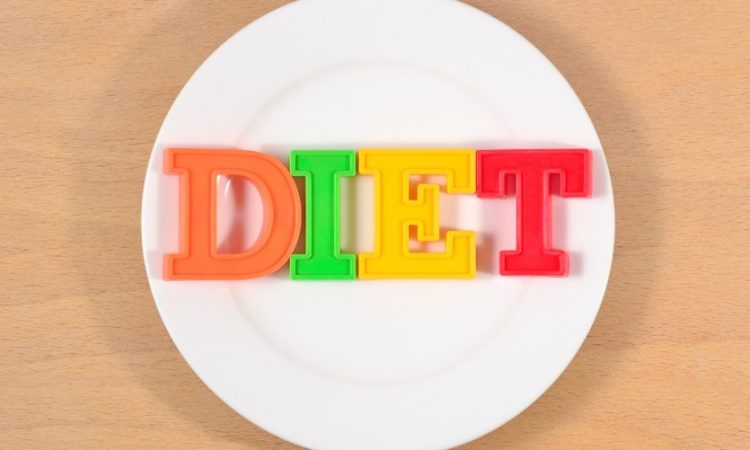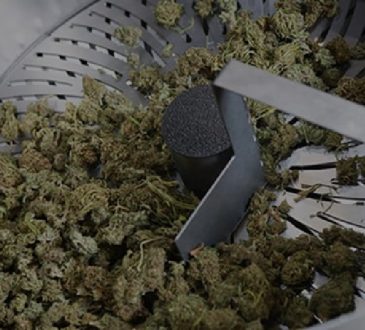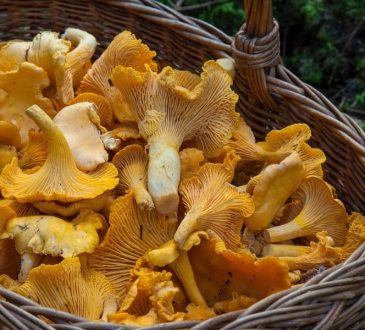
GERD reflux can be a painful and uncomfortable condition that affects many people. It is caused by stomach acid flowing back up into the esophagus, leading to symptoms such as heartburn, chest pain, and difficulty swallowing.
While there are various factors that can contribute to the development of GERD reflux, one important factor is diet. The foods we eat can greatly impact the severity and frequency of GERD symptoms. In this article, we will explore which foods to avoid and which foods to embrace to manage GERD reflux and improve overall digestive health.
Seek Help from a Healthcare Professional
Before delving into the dietary changes that can help with GERD reflux, it is important to consult with a healthcare professional. They can properly diagnose and treat any underlying issues that may be causing your GERD symptoms.
In addition, they can provide personalized recommendations based on your individual medical history and needs. This includes creating an appropriate diet plan for managing GERD reflux. Lastly, a healthcare professional for GERD reflux in Baltimore ensures that you are receiving proper medical care and monitoring for any potential complications.
Foods to Avoid
There are certain types of food that are known to trigger or worsen GERD symptoms, such as heartburn, chest pain, and nausea. These foods may irritate the lining of the esophagus or relax the lower esophageal sphincter (LES), which is responsible for preventing stomach acid from flowing back up into the esophagus. As a result, ask your doctor about the GRED reflux diet to identify and lay out the dietary changes that you need to make. Meanwhile, here are some foods to avoid if you suffer from GERD reflux:
- High-fat Foods: Fatty foods can cause the LES to relax, making it easier for stomach acid to flow back up into the esophagus. This includes fried foods, fatty meats, and high-fat dairy products.
- Spicy Foods: Spicy foods can irritate the lining of the esophagus, leading to symptoms such as heartburn and chest pain. This includes spicy peppers, hot sauce, and chili.
- Citrus Fruits: Citrus fruits are highly acidic and can aggravate GERD symptoms. This includes oranges, lemons, grapefruits, and tomatoes.
- Caffeine: Caffeine can relax the LES and increase stomach acid production, making it more likely for GERD reflux to occur. This includes coffee, tea, and soda.
- Chocolate: Chocolate contains a compound called theobromine, which can cause the LES to relax and lead to GERD symptoms.
- Alcohol: Alcohol can irritate the lining of the esophagus and increase stomach acid production, making it a trigger for GERD symptoms.
- Carbonated Beverages: The bubbles in carbonated drinks can cause gas and bloating, which can put pressure on the LES and cause GERD reflux.
Foods to Embrace
On the other hand, certain foods are beneficial for managing GERD reflux. These foods can help soothe the lining of the esophagus, reduce stomach acid production, and prevent symptoms from occurring.
Here are some foods to embrace if you suffer from GERD reflux:
- Non-Citrus Fruits: While citrus fruits should be avoided, non-citrus fruits such as bananas, apples, and melons can be beneficial for managing GERD symptoms.
- Vegetables: Most vegetables are low in fat and non-acidic, making them a good choice for those with GERD. Some vegetables may also have anti-inflammatory properties, which can help soothe the esophagus. These include leafy greens, broccoli, and cucumber.
- Lean Proteins: Lean meats such as chicken, turkey, and fish are lower in fat and less likely to trigger GERD symptoms than high-fat meats. Plant-based proteins, such as tofu and beans, are also good options.
- Whole Grains: Whole grains are a good source of fiber, which can help regulate digestion and prevent constipation. This includes whole wheat bread, brown rice, and oatmeal.
- Ginger: Ginger has anti-inflammatory properties and can help soothe the digestive system. It can be consumed in various forms, such as ginger tea, or added to meals.
- Low-Fat Dairy: Low-fat dairy products such as yogurt and skim milk are less likely to trigger GERD symptoms than high-fat dairy products.
- Water: Staying hydrated is important for overall digestive health, and water is the best choice for those with GERD reflux.
In addition to following a balanced and nutritious diet, other lifestyle changes can help manage GERD symptoms. These include quitting smoking, maintaining a healthy weight, and avoiding eating close to bedtime.
Conclusion
By understanding which foods to avoid and which foods to embrace, you can take control of your GERD reflux and improve your overall digestive health. It is essential to consult with your doctor or a registered dietitian for personalized dietary advice, as everyone’s triggers and needs may vary. With the right diet and lifestyle changes, you can effectively manage GERD reflux and enjoy a more comfortable life.




